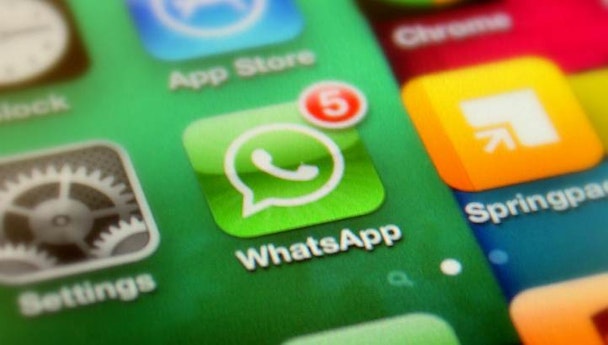Will WhatsApp plug the revenue hole for Facebook?
Considering that the number of active social media users in Europe is up 8% since last year, it is difficult to understand the recent drop in users from two of giants within the social media world. Adding further woes to an already excruciating year, Facebook dropped a staggering $120bn in market price after publishing a report which showed a drop of almost 3 million users in Europe alone.

WhatsApp is to introduce advertising on its business accounts.
Luckily for Facebook, they weren’t alone in their decline. Twitter also suffered a loss, dropping 27% of its market price over the course of two days, following a drop of nearly 1 million users. But considering recent events surrounding privacy, data and malicious content, and the much maligned GDPR regulations, are these changes really that difficult to understand, or should we have expected them?
Twitter has attempted to spin the issue to its advantage by claiming the loss in users was due to them personally deleting fake and malicious accounts. Data has shown that Twitter actually started deleting accounts in May 2018, suspending over 70 million users following a mass of fake Russian accounts which interfered with the U.S. presidential election. Some of the suspended profiles were also removed to comply with GDPR, and Twitter has warned of further decline while it continues to combat the problem - not great news for investors.
Undoubtedly the emergence and success of other platforms is also aiding the decline. In 2013, the average user had 4 social media accounts, however this number has now grown to 8. Most notably is the messaging app WhatsApp, which is now used by 53% of the UK and has a budding monthly user base of 1bn. This is primarily being driven by the younger demographic desiring a more private social media life rather than broadcasting to their whole network. This so-called ‘teen problem’ is likely to see 2m people under 25 stop using Facebook this year, and this is reflected in the small 5% growth of teenage users on the network.
To put it into context, it took WhatsApp 21 months to grow from 200m users to 700m yet it took Facebook 25 months to reach the same goal - perhaps the speed of this growth is due to the resourceful nature of WhatsApp and its singular purpose: private messaging. Of course, Facebook bought WhatsApp in 2014, which is now looking like a very shrewd move. However currently the revenue from the platform is minimal as it doesn’t run advertising – but given the current circumstances, this could be set to change with the recent announcement that WhatsApp will be introducing advertising for business accounts – which will be encouraging news to shareholders, though whether this will drive the much needed revenue Facebook needs to maintain its position or will just driver users away only time will tell.
At Media Bounty, we advise our clients to stay on top of innovation in the social space, by employing regular social listening dips, enabling brands to understand how audience perceptions are shifting and reflect any changes in behaviour. Brands can then recognise whether campaigns on certain platforms are performing as well as first thought. Gathering consumer insights enables brands to make decisions on whether they utilise emerging platforms or continue with established ones. We adopt a test and learn approach before delivering scale, ensuring that marketing budgets are utilised when and where consumers will react to brand messaging.
Annie Harte is a media executive at Media Bounty

